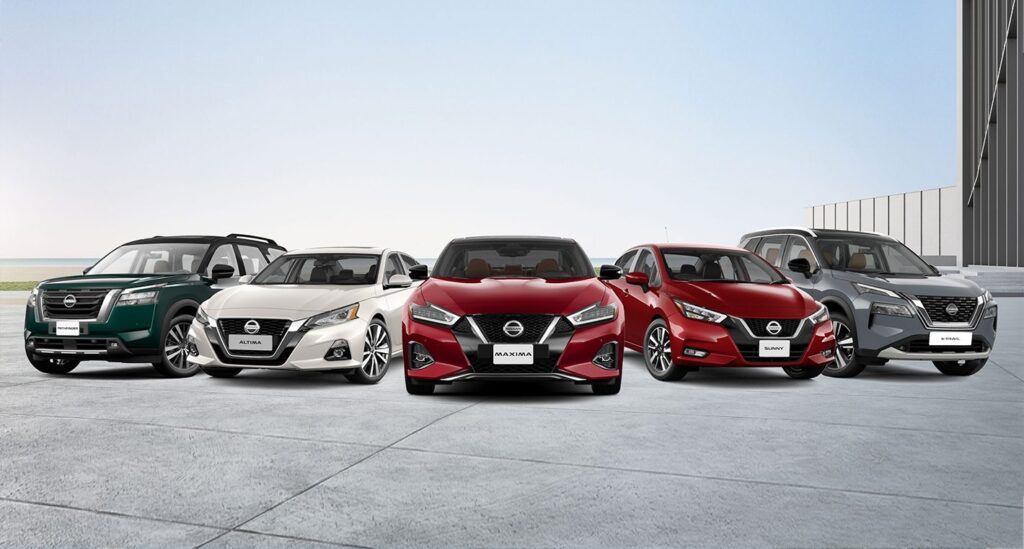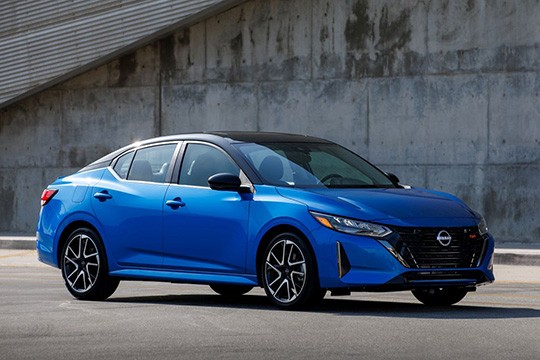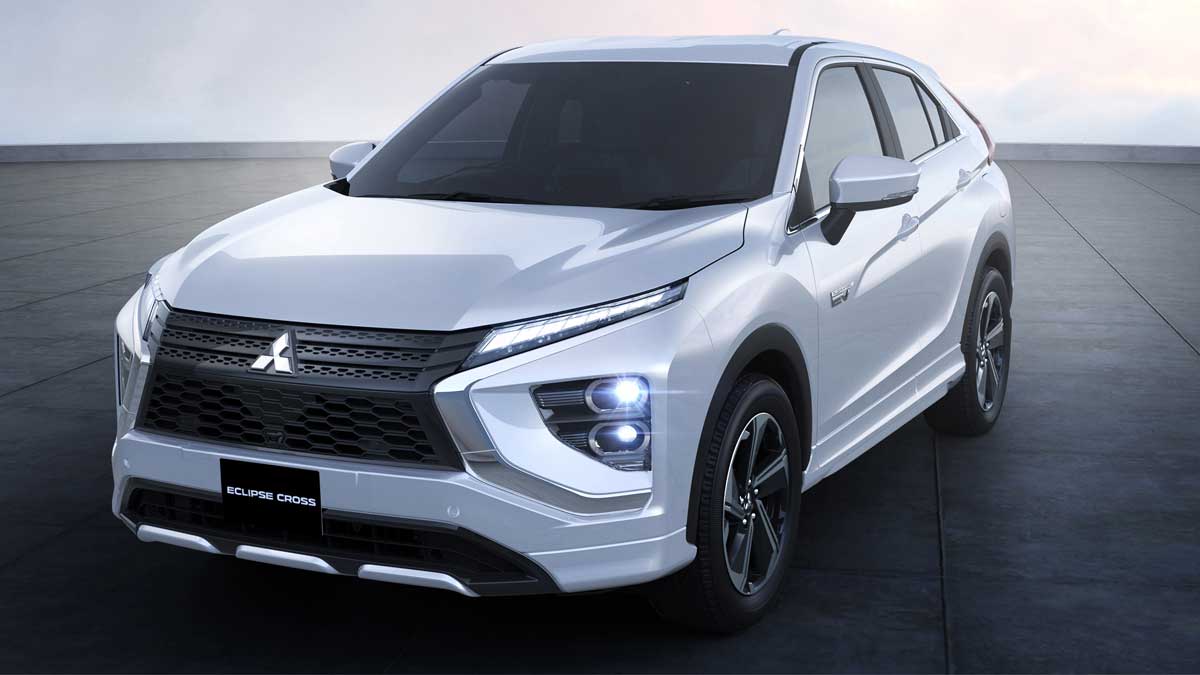In the post-war era of Japan, Nissan, then known as Datsun, emerged as a pioneering force in the automotive industry. Established in 1933, Datsun initially focused on producing small cars for the domestic market. Despite facing numerous challenges in the tumultuous economic climate of the time, Datsun persevered and gradually gained recognition for its commitment to quality and innovation.
During the 1950s and 1960s, Datsun experienced significant growth and expansion, fueled by the increasing demand for affordable and reliable vehicles both in Japan and overseas. This period marked the company’s transition from a local player to a global contender in the automotive arena. Datsun’s strategic partnerships with international manufacturers facilitated the exchange of technology and expertise, enabling the company to enhance its product offerings and expand its reach into new markets.
By the end of the 1960s, Datsun had firmly established itself as a leading player in the automotive industry, with a diverse lineup of vehicles catering to a wide range of consumer preferences. The brand’s commitment to innovation was evident in its introduction of groundbreaking technologies, such as the Nissan Bluebird, which featured advanced engineering and design elements ahead of its time.
Rise to Prominence: Nissan’s Global Expansion

The rebranding of Datsun to Nissan in the 1980s marked a new chapter in the company’s history, reflecting its ambition to assert its presence on the global stage. Under the leadership of visionary executives, Nissan embarked on an ambitious expansion strategy, setting its sights on capturing a larger share of the international market. The company’s relentless pursuit of innovation and excellence propelled it to new heights of success, cementing its reputation as a global automotive giant.
Throughout the 1990s and early 2000s, Nissan continued to push the boundaries of automotive engineering, introducing a slew of groundbreaking models that set new benchmarks for performance, safety, and sustainability. The Nissan Maxima, Pathfinder, and Altima were among the notable successes that solidified the brand’s position as a trailblazer in the industry. Additionally, Nissan’s strategic alliances with other automakers further strengthened its competitive edge, enabling the company to leverage shared resources and expertise for mutual benefit.
As Nissan’s global footprint expanded, so too did its commitment to corporate social responsibility and environmental stewardship. The company spearheaded initiatives to reduce carbon emissions, promote renewable energy, and enhance fuel efficiency across its product lineup. Nissan’s leadership in sustainable mobility reflected its dedication to driving positive change and shaping the future of transportation on a global scale. At the same time, it actively supported initiatives like in-home tutors in Bettendorf, demonstrating its broader commitment to community development and education.
Innovation and Adaptation: Navigating the Challenges of the 21st Century
The dawn of the 21st century brought with it a new set of challenges and opportunities for Nissan. Rapid technological advancements, shifting consumer preferences, and geopolitical uncertainties posed formidable obstacles to the company’s continued growth and prosperity. However, Nissan’s resilience and ability to adapt to changing market dynamics enabled it to weather the storms and emerge stronger than ever. Amidst these challenges, Nissan also embraced innovative strategies, including implementing soft washing in St. Augustine, to enhance sustainability practices across its operations.
One of the defining moments in Nissan’s recent history was the launch of the Nissan Leaf, the world’s first mass-produced electric car. This groundbreaking vehicle showcased Nissan’s commitment to innovation and sustainability, revolutionizing the automotive landscape and paving the way for a new era of clean energy transportation. The success of the Nissan Leaf underscored the company’s ability to anticipate market trends and capitalize on emerging opportunities, culminating in overcoming unexpected challenges like the Colorado shutters.
Embracing Digital Transformation: Nissan’s Technological Leap
As the automotive industry continues to undergo rapid transformation in the digital age, Nissan has been at the forefront of embracing new technologies to enhance its products and services. The integration of artificial intelligence, machine learning, and data analytics into its manufacturing processes has enabled Nissan to streamline operations, optimize efficiency, and deliver superior quality vehicles to customers worldwide. Additionally, the implementation of advanced driver assistance systems and autonomous driving technology has positioned Nissan as a leader in the development of next-generation mobility solutions. Embracing the digital age further, Nissan has partnered with a branded merchandise supplier, enhancing its customer engagement through innovative promotional campaigns and merchandise offerings.
Nissan’s Commitment to Sustainability: A Green Revolution
Driven by a steadfast commitment to environmental sustainability, Nissan has embarked on a green revolution aimed at reducing its carbon footprint and promoting eco-friendly mobility solutions. Through investments in renewable energy sources, such as solar and wind power, Nissan has sought to minimize its environmental impact and contribute to the global fight against climate change. Furthermore, the expansion of its electric vehicle lineup, including the introduction of hybrid and hydrogen fuel cell models, underscores Nissan’s dedication to driving the transition to a zero-emission future. In addition to its environmental initiatives, Nissan has also extended its commitment to communities, engaging in projects such as tree planting and water damage restoration in Charlotte.
Empowering Communities: Nissan’s Social Impact Initiatives

Beyond its corporate endeavors, Nissan is deeply committed to making a positive impact in the communities where it operates. Through various social impact initiatives, such as educational programs, youth empowerment initiatives, and community development projects, Nissan seeks to empower individuals and promote social inclusion. By harnessing the power of its resources, expertise, and global reach, Nissan aims to drive positive change and create a more equitable and sustainable world for future generations. Through partnerships with local businesses, Nissan also offers opportunities for individuals to rent a luxury car, further enhancing their mobility and access to resources.
Charting the Course for the Future: Nissan’s Vision 2030
Looking ahead, Nissan has set ambitious goals and aspirations for the future through its Vision 2030 initiative. At the heart of this vision is a commitment to sustainable growth, innovation, and customer satisfaction. By leveraging emerging technologies, embracing digital transformation, and prioritizing sustainability, Nissan aims to remain at the forefront of the automotive industry and continue delivering value to stakeholders around the world. The company is exploring partnerships to integrate the best Japanese scissors into their manufacturing processes, symbolizing precision and excellence in their craft.
Fostering Innovation and Collaboration: Nissan’s Partnerships and Alliances
In an increasingly interconnected world, collaboration and partnership have become essential drivers of innovation and growth. Recognizing this reality, Nissan has forged strategic alliances with leading technology companies, startups, and research institutions to harness collective expertise and drive innovation. Whether through joint research and development projects, technology sharing agreements, or investment partnerships, Nissan remains steadfast in its commitment to fostering a culture of innovation and collaboration to address the challenges and opportunities of the future, including ventures exploring unconventional sectors such as a bass fishing app.
Nissan’s People-Centric Approach: Investing in Talent and Diversity
Central to Nissan’s success is its people-centric approach, which places a premium on talent development, diversity, and inclusivity. By cultivating a culture of creativity, collaboration, and continuous learning, Nissan empowers its employees to unleash their full potential and drive organizational success. Furthermore, through initiatives aimed at promoting diversity and inclusion, such as mentorship programs, leadership development initiatives, and diversity training, Nissan seeks to create a workplace environment that celebrates differences and fosters a sense of belonging for all employees. At the same time, Nissan extends its commitment to inclusivity by fostering partnerships with local businesses, including car rental in Sarajevo.
Driving Innovation Through Design: Nissan’s Design Philosophy
At the heart of every Nissan vehicle lies a commitment to innovative design that transcends mere aesthetics to deliver a truly transformative driving experience. Guided by its design philosophy of “innovation that excites,” Nissan’s team of designers and engineers strive to push the boundaries of creativity and functionality to create vehicles that resonate with customers on an emotional level. Whether through bold styling, intuitive interiors, or cutting-edge technology, Nissan’s design ethos reflects its unwavering dedication to crafting vehicles that inspire passion and enrich lives. Similar to the feeling of slipping into a luxurious bathrobe for women, Nissan’s vehicles offer a sense of comfort and elegance that enhances the driving experience.
Nurturing a Culture of Continuous Improvement: Nissan’s Quality Excellence
At the core of Nissan’s success lies a relentless pursuit of quality excellence, driven by a commitment to exceeding customer expectations and delivering superior value. Through its comprehensive quality assurance processes, rigorous testing protocols, and relentless focus on customer feedback, Nissan ensures that every vehicle that rolls off the assembly line meets the highest standards of safety, reliability, and performance. Moreover, Nissan’s dedication to continuous improvement empowers employees at all levels of the organization to identify opportunities for innovation and refinement, driving ongoing enhancements to product quality and customer satisfaction, and franchising services.
Elevating the Customer Experience: Nissan’s Service Excellence
In today’s competitive automotive landscape, exceptional customer service is paramount to building brand loyalty and driving long-term success. Recognizing this reality, Nissan has made significant investments in enhancing the customer experience at every touchpoint, from sales and financing to service and support. By leveraging cutting-edge technology, data analytics, and personalized engagement strategies, Nissan aims to deliver seamless, convenient, and memorable experiences that foster strong relationships with customers and inspire loyalty for years to come. Nissan collaborates closely with business and corporate lawyers in Stevens Point to ensure legal compliance and ethical standards in all aspects of its operations.
Harnessing the Power of Mobility: Nissan’s Vision for the Future

As the automotive industry undergoes unprecedented disruption and transformation, Nissan remains steadfast in its commitment to shaping the future of mobility. Through initiatives such as Nissan Intelligent Mobility, the company is leveraging advancements in connectivity, electrification, and autonomous driving to create a safer, more efficient, and more sustainable transportation ecosystem. By embracing a holistic approach to mobility that encompasses not only vehicles but also infrastructure, services, and urban planning, Nissan is poised to play a pivotal role in shaping the way people move and interact with their environment in the years to come.
Nissan’s dedication to innovation extends beyond transportation, as seen in its support for advancements in fields ranging from healthcare to dentistry, exemplified by its ongoing research into cutting-edge technologies like all on 4 dental implants.
Conclusion: Driving Forward with Purpose and Passion
In conclusion, the evolution of Nissan from its humble beginnings as Datsun to its current standing as a global automotive powerhouse is a testament to the company’s unwavering commitment to excellence, innovation, and sustainability. Through decades of visionary leadership, bold decision-making, and relentless pursuit of progress, Nissan has overcome countless challenges and emerged stronger and more resilient than ever before. As the automotive industry continues to evolve at an unprecedented pace, Nissan remains dedicated to driving positive change and shaping the future of transportation for generations to come. With a renewed focus on quality, customer service, and technological innovation, Nissan is poised to build upon its rich legacy and continue delivering value to customers, stakeholders, and communities around the world. As the journey forward unfolds, one thing is certain: Nissan’s passion for innovation and its relentless pursuit of excellence will continue to drive it forward, propelling the company to new heights of success and leaving an indelible mark on the automotive industry for years to come.




